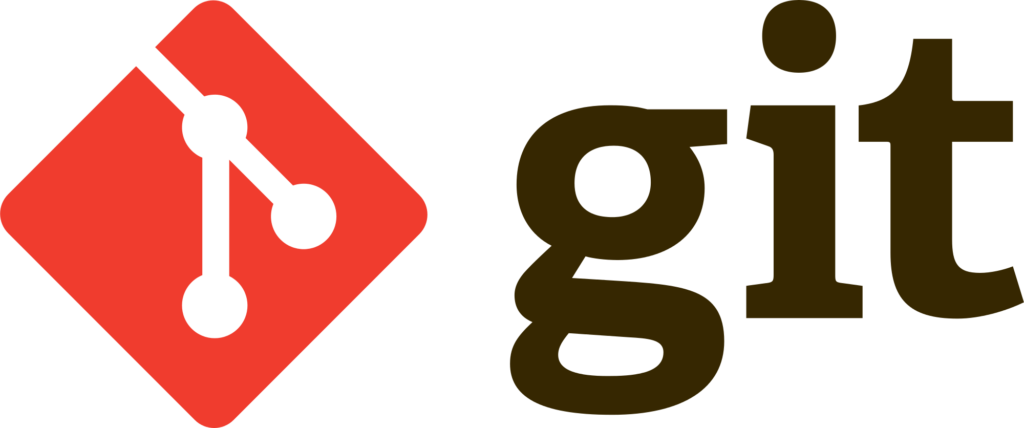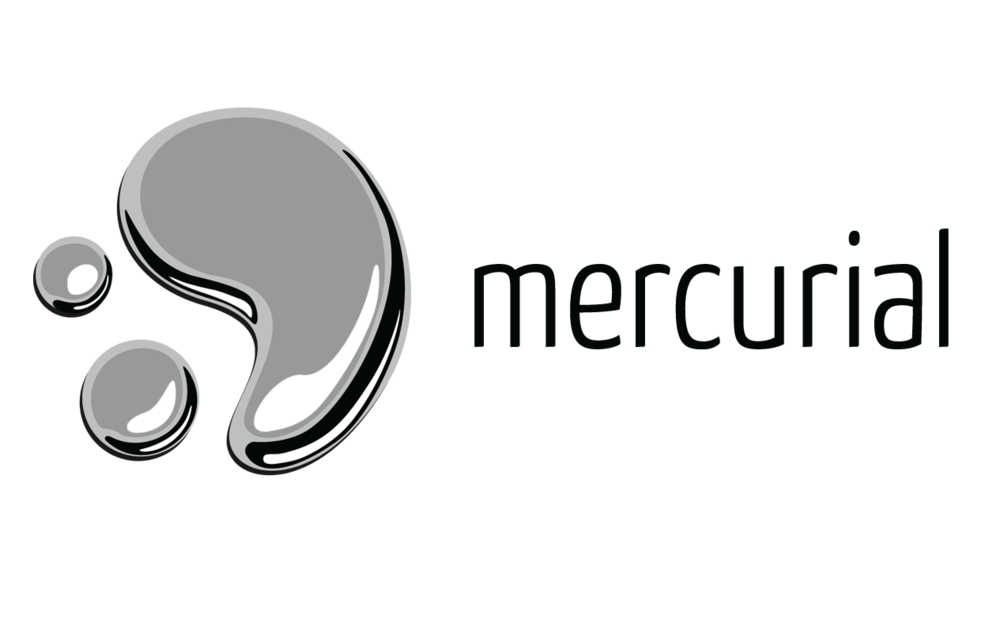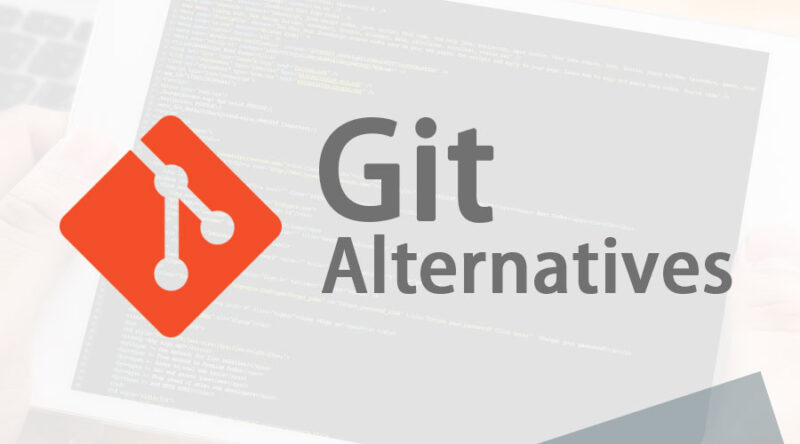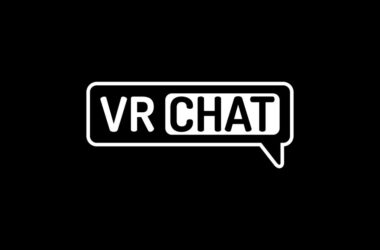In the ever-evolving landscape of software development, version control stands as a linchpin, orchestrating collaborative efforts and ensuring the integrity of codebases. At the heart of this ecosystem is Git, a powerhouse that has become synonymous with modern development practices. In this comprehensive guide, we delve into the 8 most commonly used Git alternatives that are the perfect substitute to get your work done in no time.
As developers delve into the intricacies of Git, they uncover a wealth of features that empower seamless collaboration, efficient branching, and uncompromising security. However, even the most robust tools have their limitations. Git’s learning curve, dependence on a centralized repository, and challenges with handling large binary files prompt the exploration of Git alternatives tailored to specific project needs.
Exploring Git: Features, Limitations, and Uniqueness

Unraveling Git’s Features
Git, a powerful version control system, has become the backbone of collaborative software development. Its robust features include:
- Distributed Version Control: Git’s distributed nature empowers developers to work seamlessly, even in offline environments. Each participant maintains a complete repository, fostering independence and flexibility.
- Efficient Branching and Merging: Git excels in managing multiple branches, facilitating parallel development. Merging changes is a breeze, ensuring a smooth collaboration process.
- Blazing-Fast Performance: Git’s speed is a game-changer. Its lightweight design and efficient algorithms enable swift operations, enhancing productivity in large-scale projects.
- Strong Security Measures: Git prioritizes the integrity of your code. Cryptographic hashes and secure communication protocols protect against unauthorized alterations, ensuring the safety of your projects.
Navigating Git’s Limitations
While Git is a powerhouse, it does have its limitations. Understanding these can lead developers to explore Git alternatives more suited to their needs:
- Learning Curve: Git’s extensive feature set can overwhelm beginners. Navigating through commands and understanding the underlying concepts may require a learning curve.
- Centralized Repository Dependency: In certain scenarios, Git’s dependence on a centralized repository may pose challenges. Projects with a need for decentralized workflows might seek Git alternatives.
- Handling Large Binary Files: Git may struggle with efficiency when dealing with large binary files, impacting performance in projects with extensive multimedia content.
The Quest for Alternatives: Why Seek a Git Alternative?

In the dynamic landscape of software development, the quest for viable Git alternatives emerges as a strategic pursuit. This exploration is fueled by several factors, each contributing to the ever-evolving nature of development practices.
1. Evolution of Development Practices
The relentless evolution of development practices serves as a catalyst for seeking Git alternatives. As agile methodologies, DevOps, and continuous integration gain prominence, developers are compelled to evaluate version control systems that seamlessly integrate with these modern workflows. The quest for alternatives is, therefore, rooted in the desire to align version control with the latest and most effective practices in the industry.
2. Addressing Specific Project Requirements
No two projects are identical, and each comes with its unique set of challenges and requirements. Git, while robust, may not be the optimal fit for every scenario. Developers seek alternatives to tailor their version control system to the specific needs of their project. Whether it’s the size of the team, the nature of the project, or specific workflow demands, exploring Git alternatives allows for a more nuanced and customized approach to version control.
3. Adaptability to Diverse Workflows
The diversity in development workflows across teams and organizations necessitates version control systems that can adapt to these varied methodologies. Git, while versatile, may not be the best fit for every workflow. The quest for Git alternatives is driven by the need for systems that seamlessly integrate with diverse development practices, accommodating everything from feature branching strategies to release management approaches.
4. Optimizing for Performance and Efficiency
In the relentless pursuit of optimal performance and efficiency, developers explore alternatives to Git. While Git excels in many areas, projects of varying sizes, complexities, and performance demands may find other version control systems more suited to their needs. The quest for Git alternatives is, therefore, a strategic effort to ensure that the chosen version control system aligns with the unique requirements of a project, optimizing not just for functionality but also for speed and resource efficiency.
Commonly Used Git Alternatives for Streamlined Development

As the development landscape evolves, the search for Git alternatives becomes inevitable. Several version control systems offer unique features and cater to diverse project requirements:
1. Mercurial: Embracing Simplicity
In the realm of version control systems, Mercurial stands as a beacon of simplicity, offering a user-friendly experience that resonates particularly well with developers seeking an uncomplicated yet powerful solution. Its design prioritizes ease of use without compromising functionality, making it an ideal Git alternative for those who appreciate an intuitive interface. With Mercurial, developers find solace in its straightforward commands and seamless branching, fostering a collaborative environment that minimizes the learning curve, enabling teams to focus more on their code and less on navigating the complexities of version control.
2. SVN (Apache Subversion): Centralized Efficiency
While Git champions decentralization, SVN takes a different approach, emphasizing the efficiency of a centralized model. This makes it an attractive option for projects that thrive in a structured environment with a single authoritative source. Developers transitioning from other centralized version control systems often find SVN’s familiarity comforting. The centralized approach streamlines collaboration, ensuring that teams have a clear and organized pathway for managing their codebase, making SVN a reliable alternative for those who value centralized efficiency.
3. Perforce (Helix Core): Scalability Unleashed
In the realm of large-scale projects, Perforce, also known as Helix Core, reigns supreme with its scalability prowess. Designed to handle extensive projects with numerous binary assets, Perforce provides a centralized approach that excels in branching and merging operations. This makes it a preferred choice for enterprises dealing with intricate software development projects. The scalability unleashed by Perforce ensures that development teams can efficiently manage their projects, regardless of size, without compromising on performance, making it a robust Git alternative for those embarking on ambitious endeavors.
4. Bazaar: Tailored Simplicity
Bazaar, a distributed version control system, strikes a delicate balance between simplicity and functionality. Its design caters to developers who value an uncomplicated yet feature-rich version control system. Bazaar’s user-friendly interface ensures a smooth onboarding process for teams, reducing the learning curve associated with version control systems. Developers find solace in Bazaar’s simplicity without sacrificing essential features, making it a tailored alternative for those who seek a harmonious blend of ease of use and powerful version control capabilities. With Bazaar, simplicity is not a compromise but a deliberate design choice, offering developers the best of both worlds.
5. Fossil: Integration Prowess
In the landscape of version control systems, Fossil emerges as a unique player, boasting integration prowess that goes beyond conventional version control functionalities. Fossil seamlessly combines version control with built-in bug tracking, providing development teams with an all-in-one solution for project management. This integration eliminates the need for separate tools, streamlining the development process and enhancing collaboration. Fossil’s holistic approach sets it apart, making it an attractive Git alternative for teams that prioritize cohesive project management and a consolidated approach to version control and issue tracking.
6. Darcs: Patching Innovation
Darcs introduces a paradigm shift in version control with its innovative patch-based approach. Developers intrigued by cutting-edge solutions find Darcs to be a refreshing alternative. The patch-centric model enables a flexible and intuitive method of managing changes, deviating from traditional branching and merging. Darcs’ emphasis on simplicity and flexibility makes it a suitable choice for projects where unconventional workflows are embraced. With Darcs, developers have the freedom to explore a novel approach to version control, making it an alternative that appeals to those who value innovation and adaptability.
7. Monotone: Security First
In the realm of version control systems, Monotone distinguishes itself with a primary focus on security. Employing cryptographic techniques to ensure the integrity of code repositories, Monotone provides an added layer of protection against unauthorized access and tampering. This emphasis on security makes Monotone a preferred choice for projects with stringent security requirements, such as those dealing with sensitive information or proprietary code. While other version control systems prioritize functionality, Monotone takes a stand on safeguarding the integrity of code repositories, making it a robust alternative for security-conscious development teams.
8. Plastic SCM: Graphical Brilliance
Plastic SCM sets itself apart with a strong emphasis on graphical tools, offering a visually intuitive experience for version control. Its graphical brilliance enhances the visualization of branching and merging operations, providing development teams with a clearer understanding of their codebase’s evolution. Plastic SCM’s versatility extends from small to large-scale projects, making it a compelling alternative for those who value a graphical representation of their version control processes. With Plastic SCM, developers can leverage visual insights to enhance collaboration and project understanding, making it a valuable alternative for teams seeking a balance between powerful version control and user-friendly visualizations.
Factors To Consider While Choosing The Perfect Git Alternative

In the quest for the ideal Git alternative, several crucial factors come into play. Evaluating these considerations can guide developers and teams toward a version control system that aligns seamlessly with their project requirements. Let’s delve into the key factors that warrant careful consideration when choosing the perfect Git alternative.
1. Scalability Requirements
The scalability of a version control system is paramount, especially for projects with expansive codebases and large development teams. Consider the potential growth of your project and opt for an alternative that can be efficiently scaled to meet increasing demands. Systems like Perforce, designed with scalability in mind, are well-suited for handling large-scale endeavors, ensuring optimal performance as projects evolve.
2. User-Friendly Interface
The ease of use of a version control system significantly impacts the efficiency and onboarding experience for development teams. Mercurial and Bazaar shine in this regard, offering intuitive interfaces that minimize the learning curve. A user-friendly alternative fosters a collaborative environment where developers can focus on coding tasks rather than grappling with complex version control commands.
3. Security Considerations
Security is a paramount concern, particularly for projects dealing with sensitive information. Monotone, with its emphasis on cryptographic techniques, provides an additional layer of protection against unauthorized access and tampering. When security is a top priority, opting for an alternative with robust security measures ensures the integrity of your code repository.
4. Integration Capabilities
The seamless integration of version control with other project management tools is essential for streamlined workflows. Fossil stands out with its integration prowess, combining version control with built-in bug tracking. A cohesive solution that integrates version control and issue tracking simplifies project management tasks, enhancing collaboration and efficiency within development teams.
5. Graphical Tools for Visualization
For teams that prioritize visual representations of version control processes, the availability of graphical tools becomes crucial. Plastic SCM’s graphical brilliance offers a visually intuitive experience, aiding in the visualization of branching and merging operations. Consider the importance of visual insights in your development workflow and choose an alternative that aligns with your team’s preference for graphical representations.
Conclusion: Choosing the Right Path Forward
In the dynamic landscape of version control systems, the journey to find the perfect Git alternative is nuanced and multifaceted. Each alternative brings its unique strengths and nuances to the table, catering to specific project requirements and development preferences. Whether prioritizing simplicity, scalability, security, or graphical brilliance, the array of alternatives ensures that developers can tailor their version control system to align seamlessly with the evolving needs of their projects. As development practices continue to advance, the quest for the ideal Git alternative remains an ongoing exploration, where each choice is a deliberate step toward optimizing collaboration and code management.









